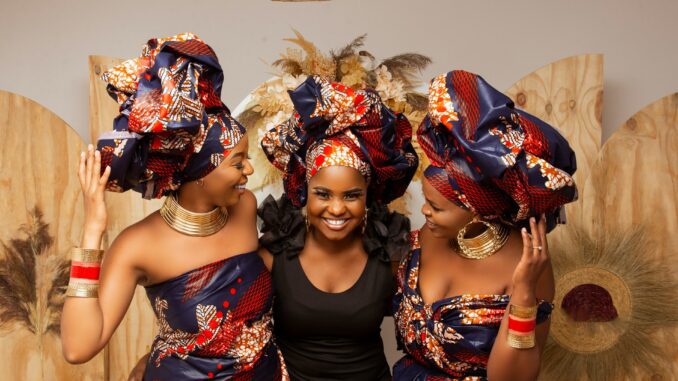
This article will be your Beginners Guide to Understanding Nigeria’s Culture and History. This country has diverse ethnic groups. And being a multinational state, Nigeria culture and history is one of the most unique out there that you must experience.
Historical background of Nigeria
In this Beginners Guide to Understanding Nigeria’s Culture and History let’s get started with the historical background of Nigeria. This is a nation that is located in the region of West Africa. The country also shares borders with nations such as Chad, Niger, Cameroon, Benin and Guniea.
When it comes to its maritime borders, Nigerian borders come across Equatorial Guinea and Ghana. During the 1900s Nigeria was colonised by British power and gained independence in 1960.
The British carried extensive power and authority during the pre-colonial period in the country in 1901 and had a significant influence on Western Africa that slave trade was only restricted to British subjects during 1807.
Around the same time, Nigeria was also dominated by other spheres of influence such as the Oyo Empire, Islamic, Igbo of Onitsha and the Kanem-Bornu trading empire. Although the slave trade intensified during pre-colonial times, during the 19th Century it was abolished and declared illegal.
Today, Abuja known as the capital of the country founded in 1976. The former capita Lagos now a popularly known economic and industrial hub.
What is Unique about Nigerian Culture?
In this Beginners Guide to Understanding Nigeria’s Culture and History you will also come to know facts about Nigerian culture. It is multi-ethnic with a range of diverse ethnic groups which is what makes it a multi ethnic state.
Among the information of Nigeria culture what you may not know is that the largest ethnic group was formed by Hausa, Igbo, and Yoruba. And all these ethnic groups speak different languages to each other.
More interesting facts about Nigeria culture known to be how they cherish their traditions and cultures through dance, music, booming film industry (Nollywood) and literature. The culture shaped by the 527 different languages and over 1150 dialects the nation speaks. The primary dominant groups in the country are Yoruba, Igbo, and Hausa-Fulani.
Conclusion
Through this Beginners Guide to Understanding Nigeria’s Culture and History now you know how Nigeria’s rich culture and history reflect its diversity and resilience as a nation. From its vibrant ethnic traditions to its modern artistic contributions, Nigeria continues to leave a lasting impact globally.
Key Words
- Nigeria is a multi-ethnic country with over 527 languages and 1150 dialects.
- The largest ethnic groups are Hausa, Igbo, and Yoruba.
- Nigeria gained independence from British rule in 1960.
- The country preserves its culture through traditional dance, music, and literature.
- Nollywood showcases Nigerian art and storytelling to a global audience.
FAQs
What is the first culture in Nigeria?
There is a culture heritage in Nigeria stemming back to the Nok Culture which spread in the western part of Jos Plateau in Northern part of Nigeria between 900 BC and AD 200. The Nok Culture also widened as far as Katsina, Ala, Ankiring, Kagara, Taruga and Yelwa.
What is Nigeria famous for?
It is popular for its delicious cuisines, landmarks, rich culture, and vibrant traditions. Some of the iconic landmarks in Nigeria include the stunning Tarkwa Bay, the prominent Aso Rock and the Third Mainland Bridge which is the longest bridge in West Africa.
Is Nigeria a rich or poor country?
The nation grapples with rising poverty, however, despite, the population exceeds 200 million with over 104 million Nigerians live below the poverty line.
What religion are Nigerians?
There are 50 percent Muslims, 40 percent Christians and remaining is 10 percent.



